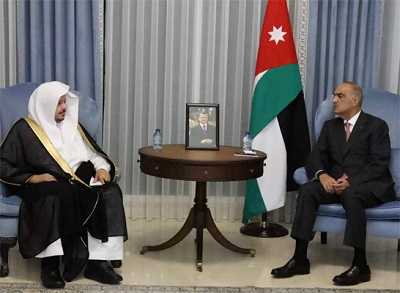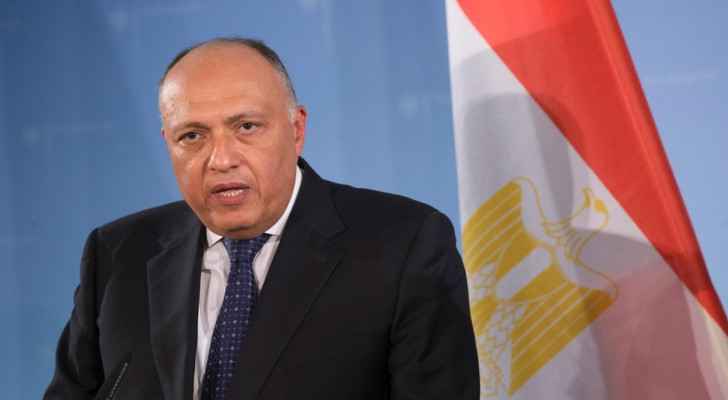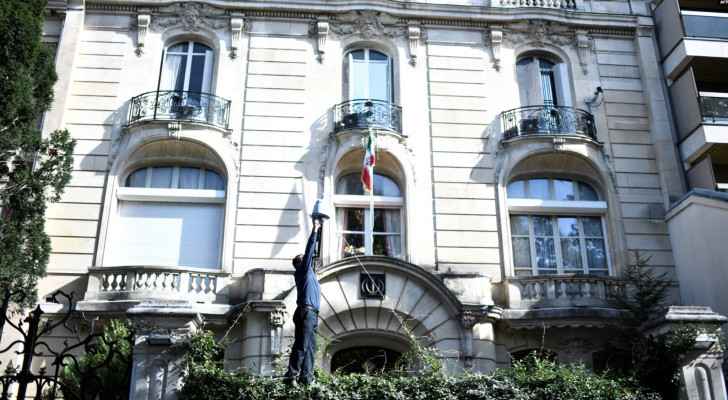Forgiveness: The fate of extremists - By Mansour Alnogaidan, Alarabiya
In 1993, London-based daily Al-Hayat published a photograph of two Arabs who had apparently participated in civil war in the Balkans in the aftermath of Yugoslavia’s collapse. In a pose that has since become chillingly familiar, the two men stood brandishing their rifles in front of a prisoner.
One of the fighters was a Saudi veteran of the Afghan war, and the other a member of the Libyan Islamic Fighting Group. Both had once found lodging in the infamous “Peshawar Hostel” — a pit stop in Pakistan for the so-called “Afghan Arabs” en route to Afghanistan, financed by Osama bin Laden.
The latter of the two, during his stay at the hostel, had memorably joined other North African fighters in attacking a Saudi preacher whose humor they found offensive.
ALSO READ: Al-Qaeda’s historian Mustafa Hamed resumes digital activity in Tehran
As to the Saudi fighter, he belonged to the upper middle class of merchants who emigrated from the rural areas to Riyadh during the 1960s. He was sentimental, tender, bold, generous, and sensitive — but had not completed his education. In heated discussions, he would grow aggressive. He did not like what he heard about the so-called “Mujahideen” and their intentions.
Like thousands of other Saudis, he was influenced by the ideological current of the “Brotherhood Jihad” which was sponsored by the Islamic Relief Worldwide organization in the early 1980s. His father’s repeated attempts to interest his son in a business career failed. This is not to say that his father was saddened by his son’s ideas. To the contrary, he sometimes praised his son for his convictions.
Provoking suspicion
Since 1994 — 24 years and counting — the young man has ceased to provoke suspicion. He has lived a good life, fathered several children, and indeed entered the private sector to run a continually expanding business. Over time, he had distanced himself from the jihadist groups.
Nonetheless, in 1996 he found himself in the crosshairs of a security investigation following terrorist incidents in the kingdom. Two of his former comrades had given testimony falsely implicating him in the plot.
As a result, he was detained for one year — during which authorities subjected him to severe cruelty — but released after proven innocent. The man was fortunate to have his name removed from the travel blacklist, and his journeys abroad enabled him to appreciate the value of life even more while further prospering in his career as a businessman.
ALSO READ: Why Obama put Bin Laden’s documents linking Iran, Qatar under lock and key
There was another key factor behind his “relative modernity”: His relatives who had also been sympathetic to jihadist causes for nearly two decades had themselves departed the extremist realm by the late 1990s.
None of their children, including the man in question, had gone on to join the madness of jihadist recruitment in the first decade of the 21st century, during which the kingdom was a primary target.
Not long ago, during a moment of peace and serenity, our friend confessed that he had never killed any “human.” In coming to terms with his violent past, he had manifested the power of forgiveness: He had forgiven his former comrades for radicalizing him and forgiven himself for succumbing to them.
He even forgave the two men whose lies had caused his imprisonment in 1996. Now a man in his fifties, he is a loving father, a devoted husband, and a businessman who derives pleasure from his circle of friends and cherishes his time on earth.
Enduring prison
In June 2005, a police officer was killed in front of his own home in Mecca. The assailants issued a statement to the effect that the attack was revenge for the torture their jihadist brethren had endured in prison.
But in Riyadh, 800 kilometers and a moral universe away, the hero of our story, himself a former detainee, was deeply saddened when he heard about the killing.
This remarkable man was rescued from terrorism — but like hundreds of other Saudis, he remains stuck in a web of affiliations that might “flip him” to the dark side at any given moment. The line between dark and light is blurred.
The extremist impulse remains alluring for those former jihadists who indulge a range of overlapping emotions: hatred, indignation, remorse, justification, a longing for the old calling.
What will help and protect these individuals from themselves, and others from them? At this stage, monitoring and stringent laws remain necessary to check their potential relapse.
Latest News
 Dubai reels from floods chaos after record rains
Dubai reels from floods chaos after record rains Khasawneh, Saudi Shura Council speaker discuss bilateral ties, regional developments
Khasawneh, Saudi Shura Council speaker discuss bilateral ties, regional developments Egyptian Foreign Minister condemns potential Palestinian displacement as 'war crime'
Egyptian Foreign Minister condemns potential Palestinian displacement as 'war crime' Travelers from Jordan advised to confirm flights amid Gulf weather turmoil
Travelers from Jordan advised to confirm flights amid Gulf weather turmoil France summons Iranian ambassador over strikes against “Israel”
France summons Iranian ambassador over strikes against “Israel”
Most Read Articles
- King, Bahrain monarch stress need to maintain Arab coordination
- Dubai reels from floods chaos after record rains
- Security Council to vote Thursday on Palestinian state UN membership
- Khasawneh, Saudi Shura Council speaker discuss bilateral ties, regional developments
- Hizbollah says struck Israel base in retaliation for fighters' killing
- Tesla asks shareholders to reapprove huge Musk pay deal
- Jordan will take down any projectiles threatening its people, sovereignty — Safadi
- The mystery of US interest rates - By The mystery of US interest rates, The Jordan Times
- Princess Basma checks on patients receiving treatments
- Knights of Change launches nationwide blood donation campaign for Gaza